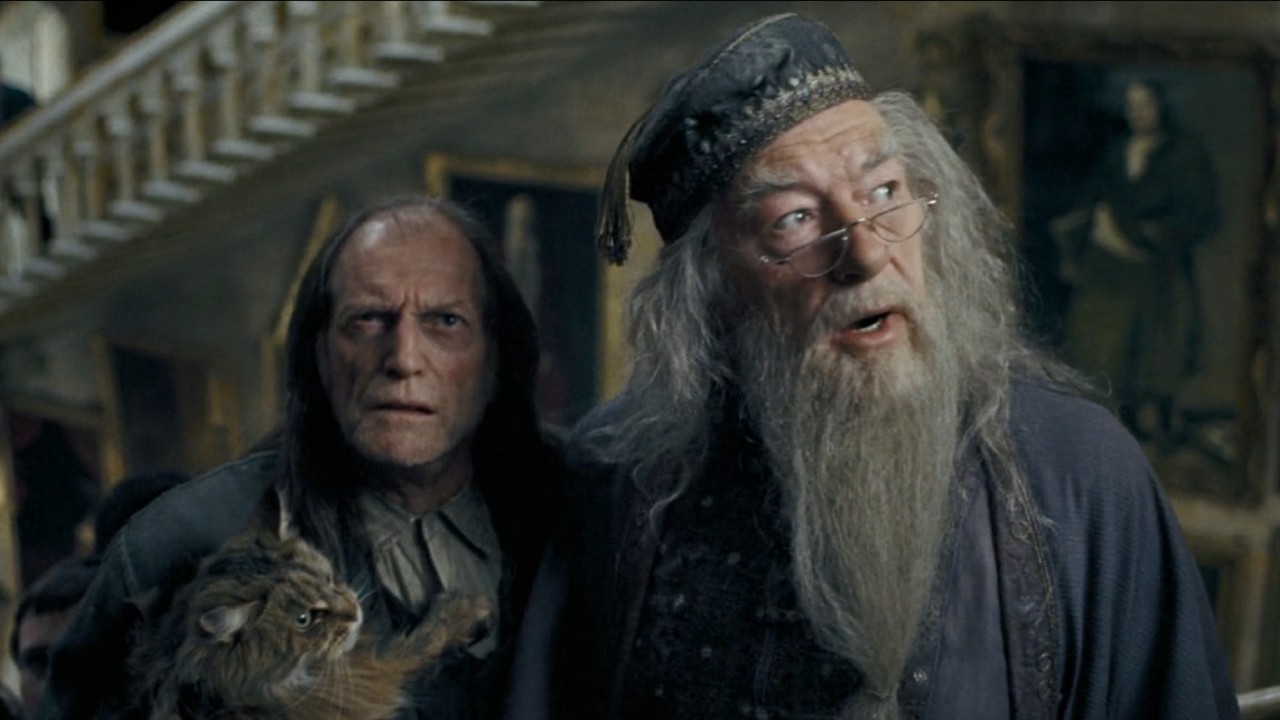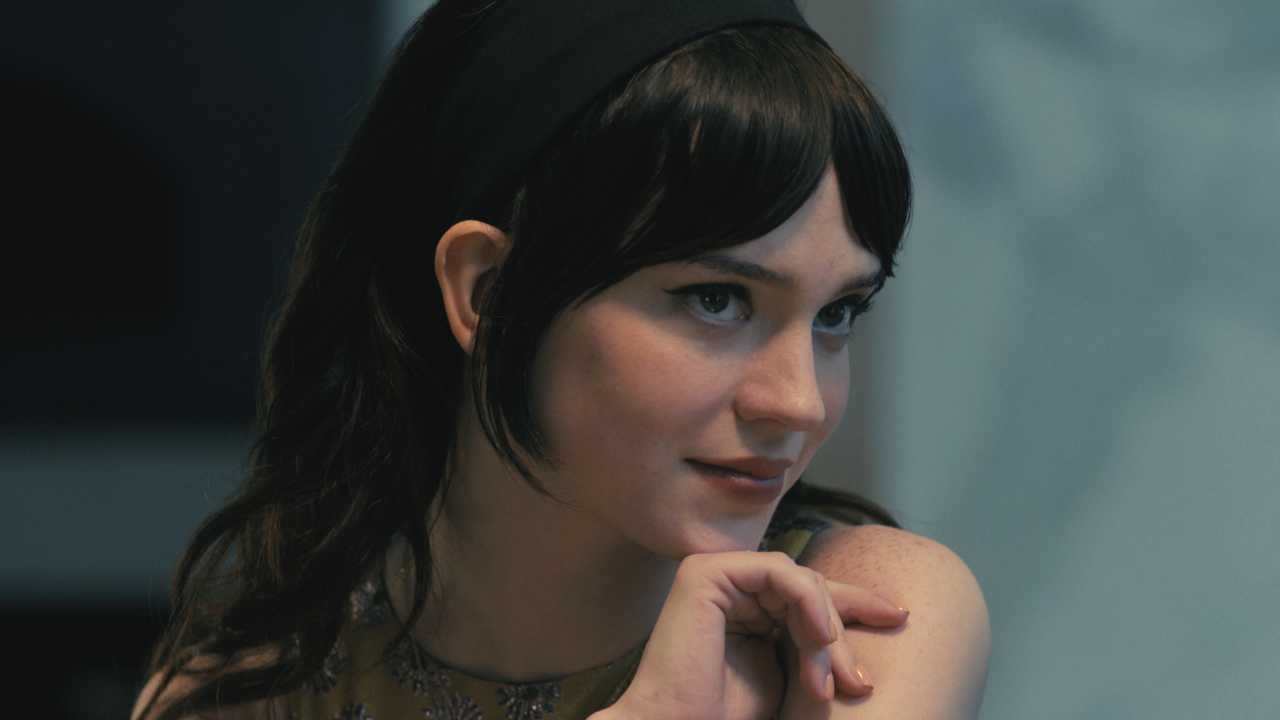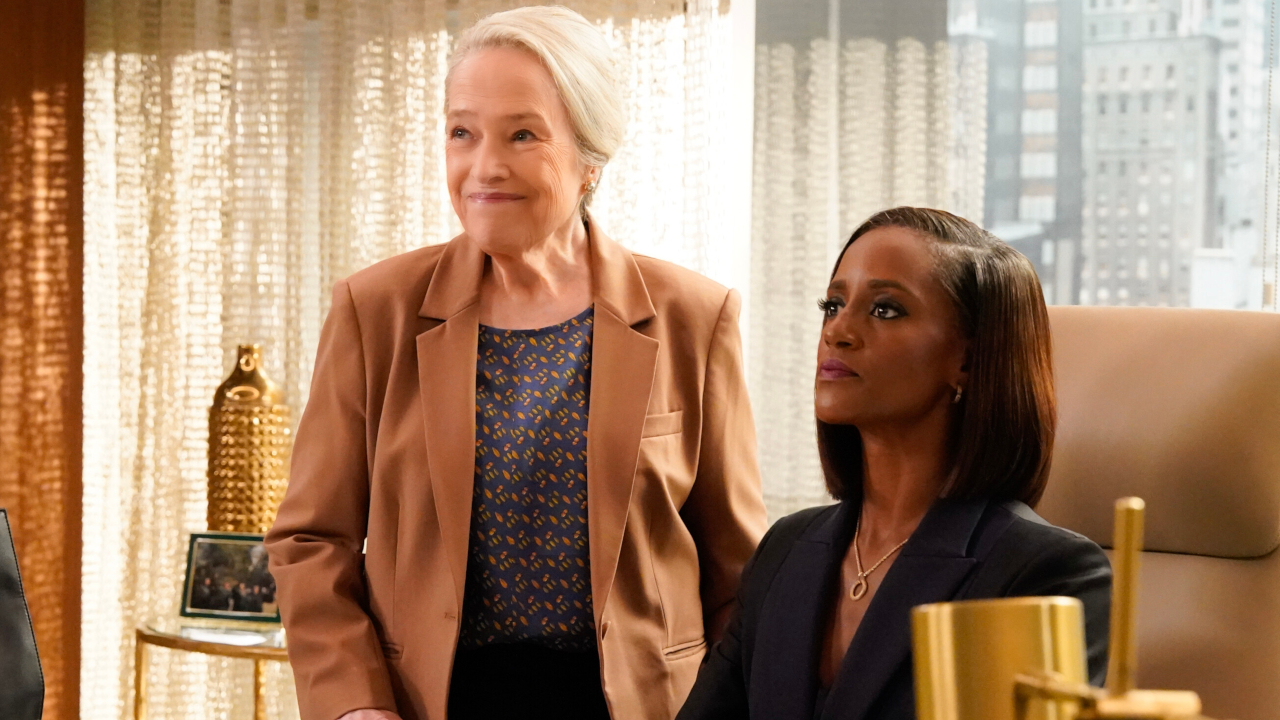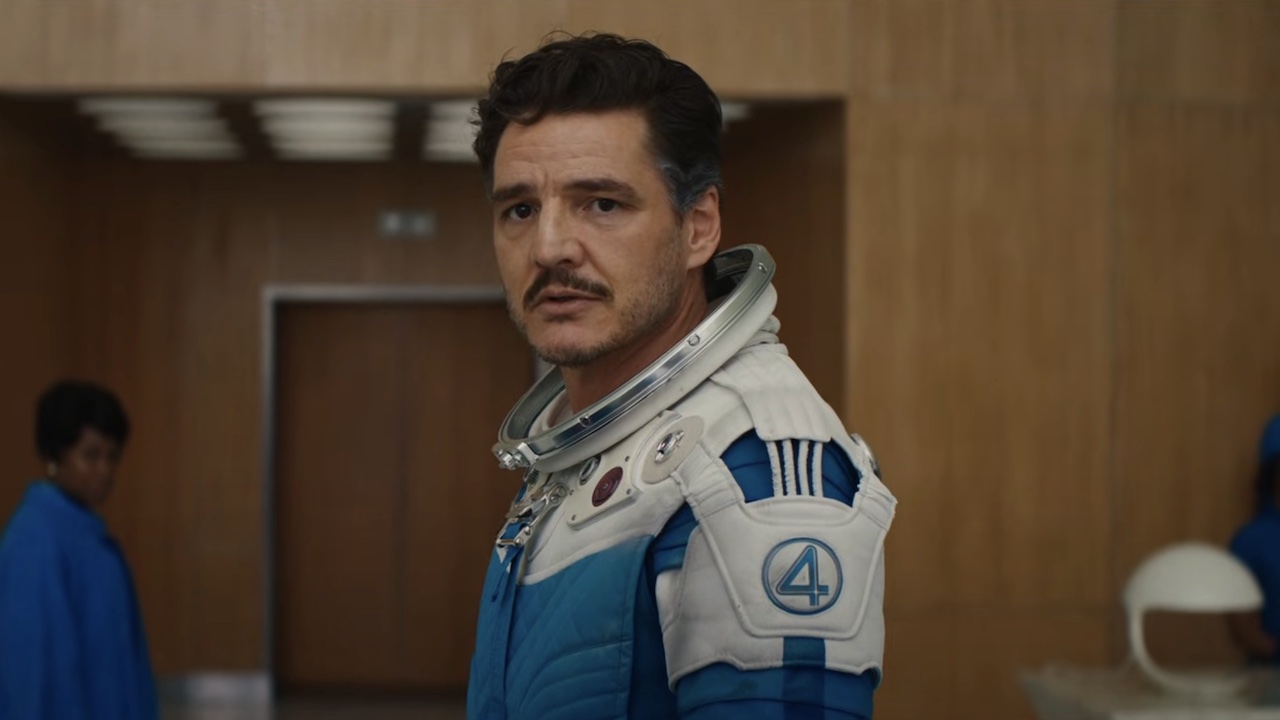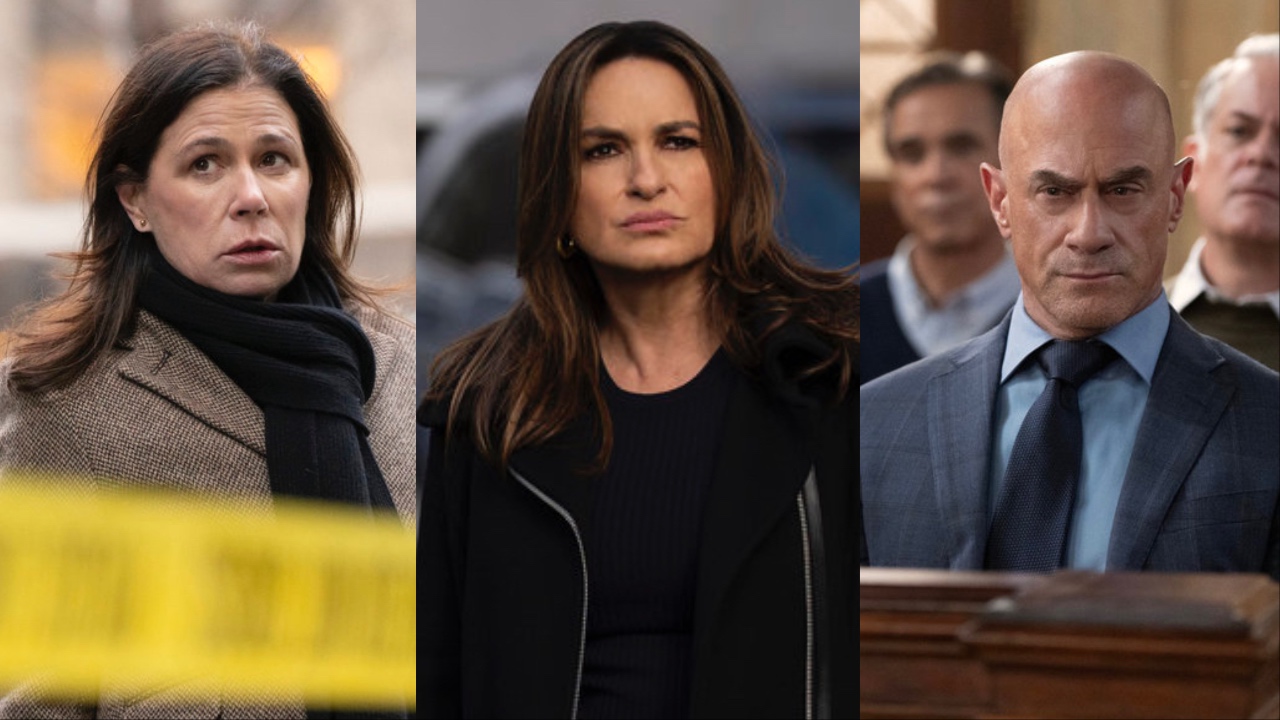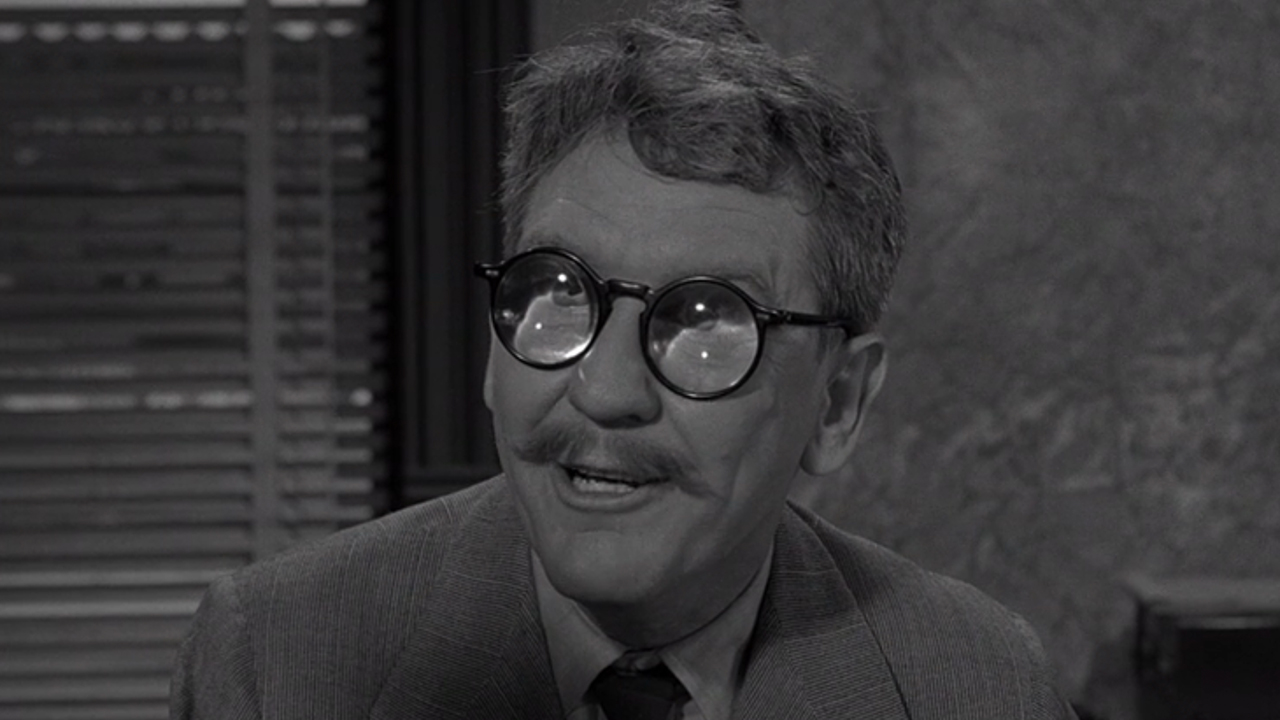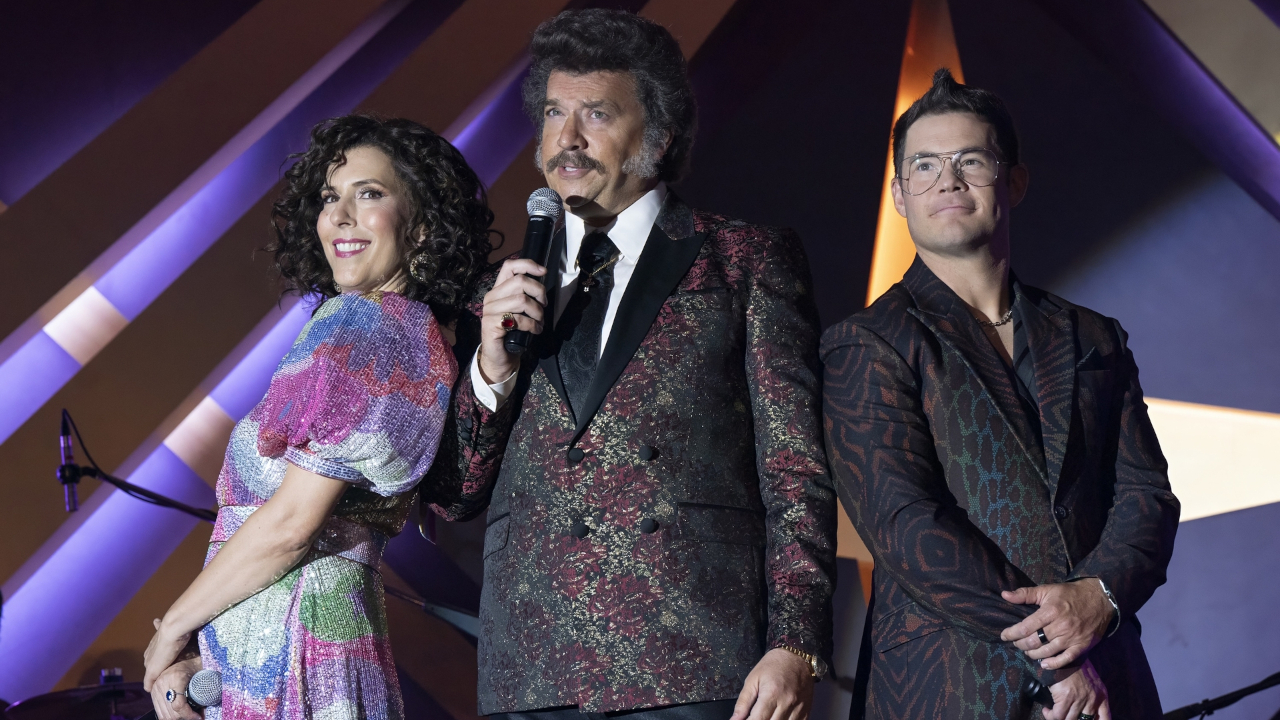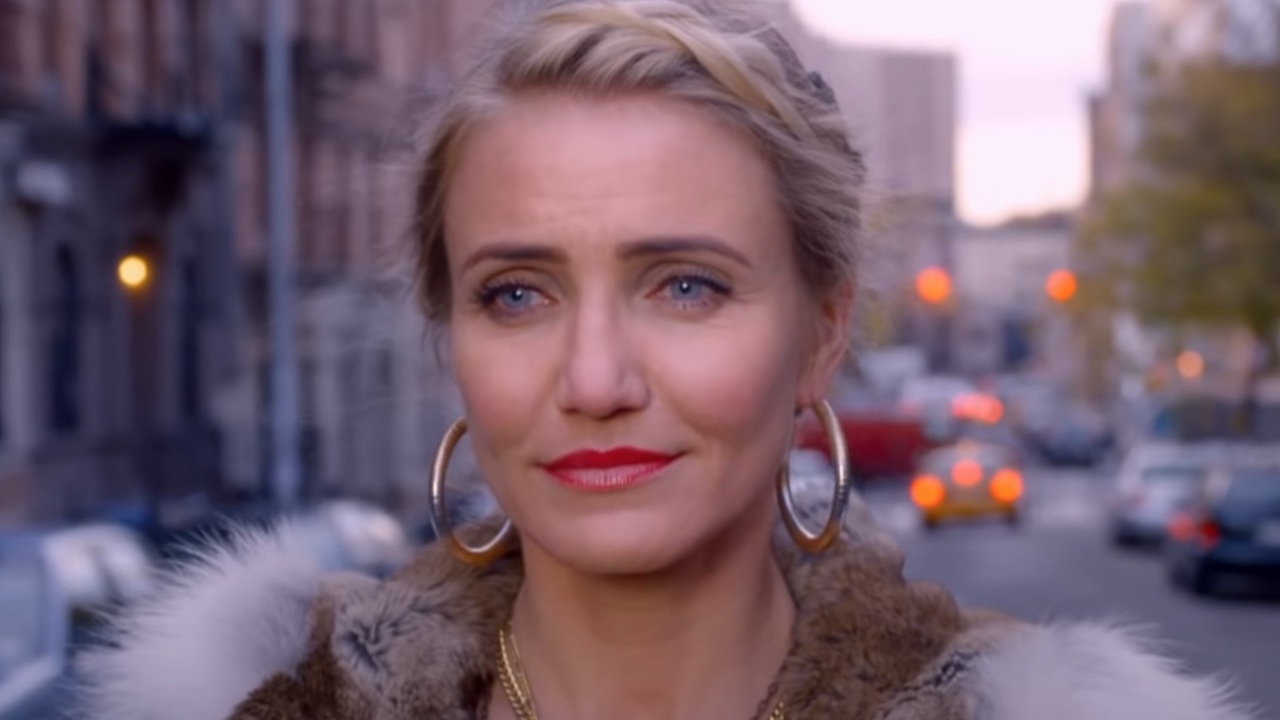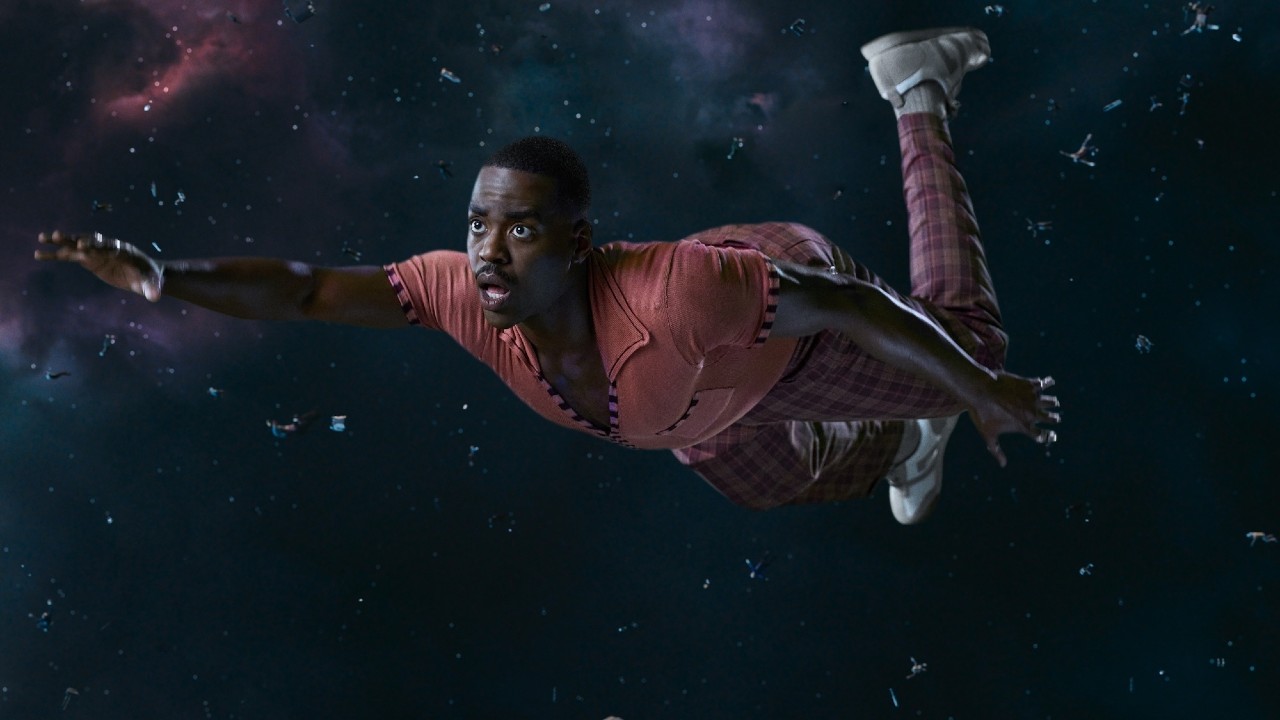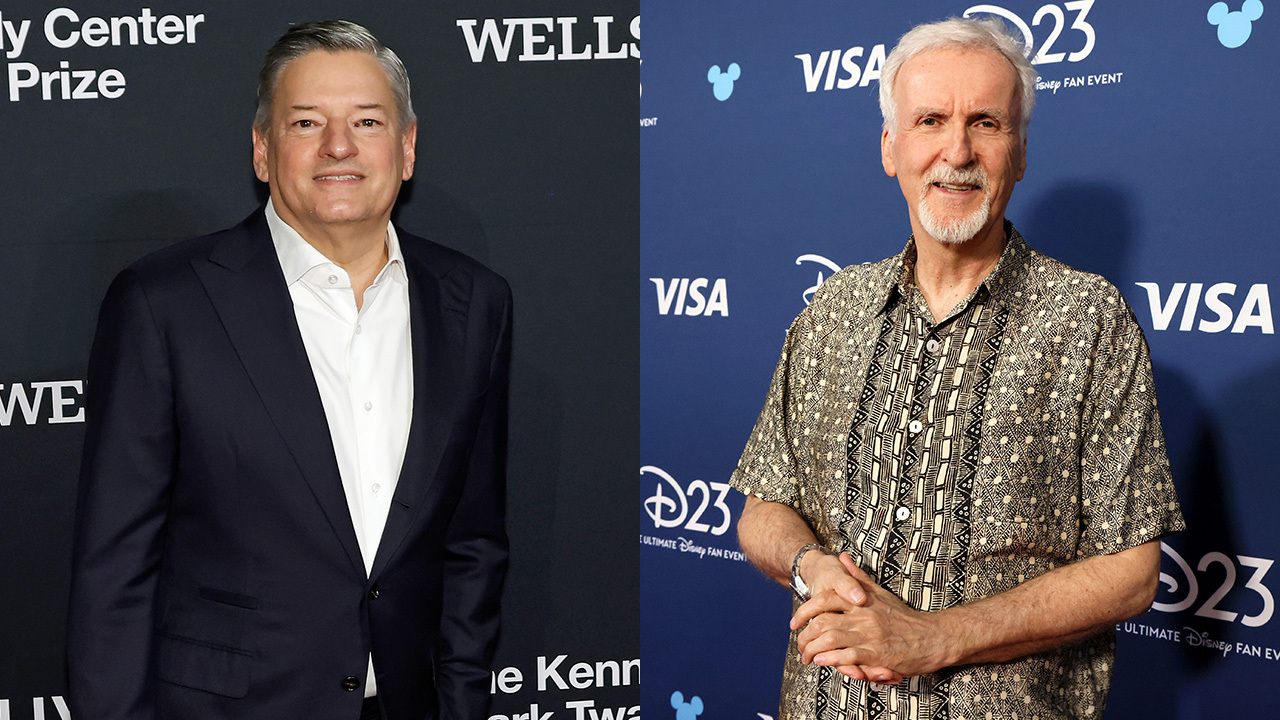5 Reasons Why The Many Saints Of Newark Would Have Been Much Better As A Miniseries Than As A Movie
The Many Saints of Newark was good and all, but it could have been a GREAT miniseries.
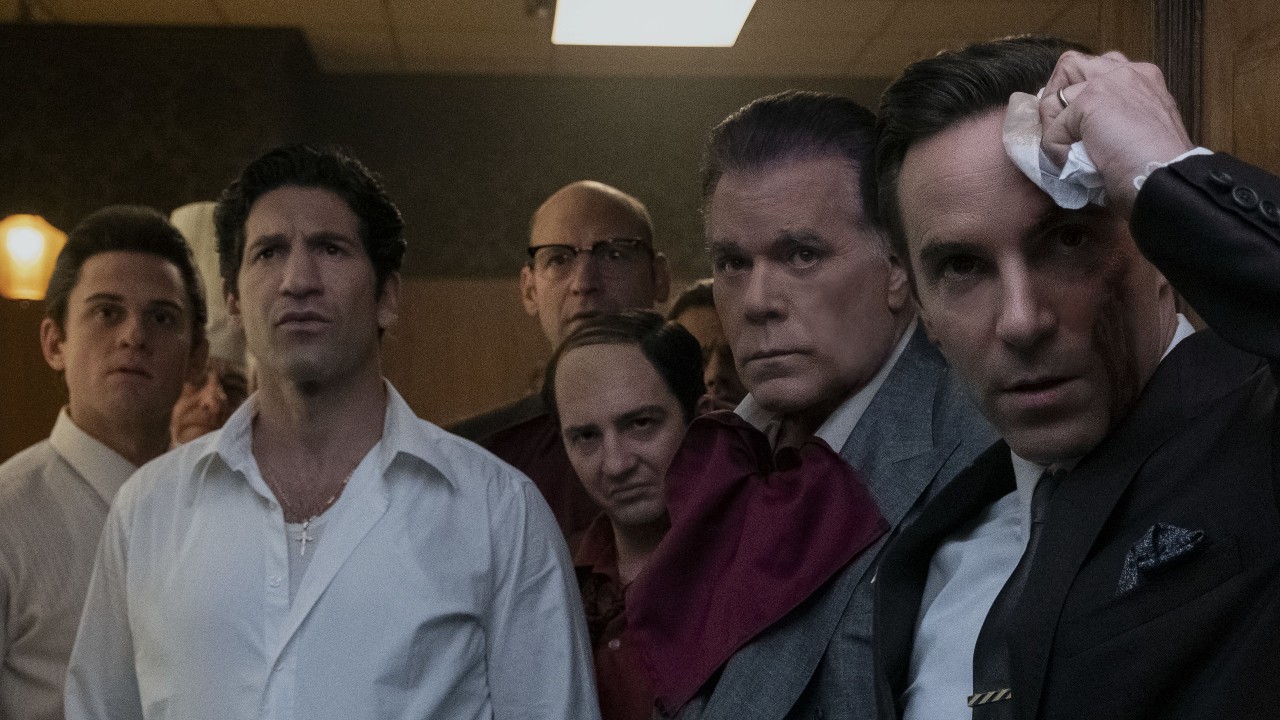
I really wanted to love the new Sopranos movie, The Many Saints of Newark. Ever since the series ended, I’ve been craving more of the infamous mob family, and I was hoping that this new movie would provide that much needed fix, but no. It didn’t do that at all. In fact, it left me tremendously disappointed.
And that’s the frustrating thing, because I could see the potential in this movie while I was watching it. Truth be told, I think the story presented in The Many Saints of Newark would have been much better suited as a miniseries. And while I know this story was always envisioned to be a movie, the Sopranos fan in me now wishes that this story was spaced out into several episodes.
Obviously, my opinion on this doesn’t matter since a ton of people already watched it on HBO Max, making it a success. Our very own Sean O’Connell also enjoyed it immensely, so the movie definitely has its fans. Still, I greatly feel that The Many Saints of Newark would have been much better suited as a miniseries and I have 5 reasons why.
Oh, and major spoilers up ahead, including a discussion on the ending.
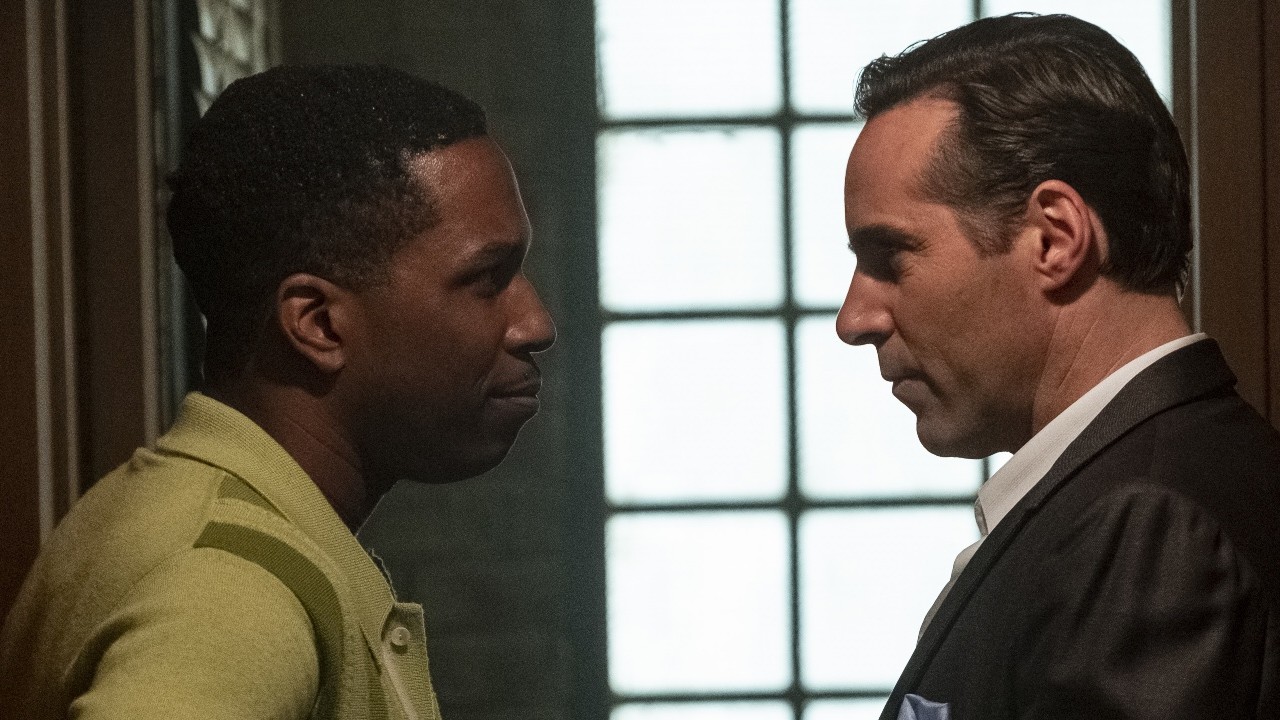
A Miniseries Could Have Better Explored The Racial Tensions Of The Time
The Many Saints of Newark takes place in Newark, which is a city I’m greatly familiar with since I spent four years of my life going to college there. Plus, I’m a Jersey boy, through and through, so The Sopranos has always spoken to me on a deeper level than a lot of other people in this country. But one aspect that greatly intrigued me about this new film before I saw it was that it was going to tackle the Newark race riots of the 1960s. I’ve always found this to be a fascinating period in my state’s history, most notably during the “Long Hot Summer of 1967.”
And while I feel that there are hints of that period in this movie, we never really get a true sense of the racial tensions and “white flight” that transformed Newark into the predominantly black city that it has become today. In fact, it’s almost like this period is glossed over and used as a way to give a break from the main plot involving Dickie Moltisanti, played by Alessandro Nivola.
Given the social climate we currently live in, I don’t know if The Many Saints of Newark would have the cajones to really address race relations between Italians and Blacks back in the 1960s, but I think a miniseries could have explored the nuances much better than a 2-hour movie.
CINEMABLEND NEWSLETTER
Your Daily Blend of Entertainment News
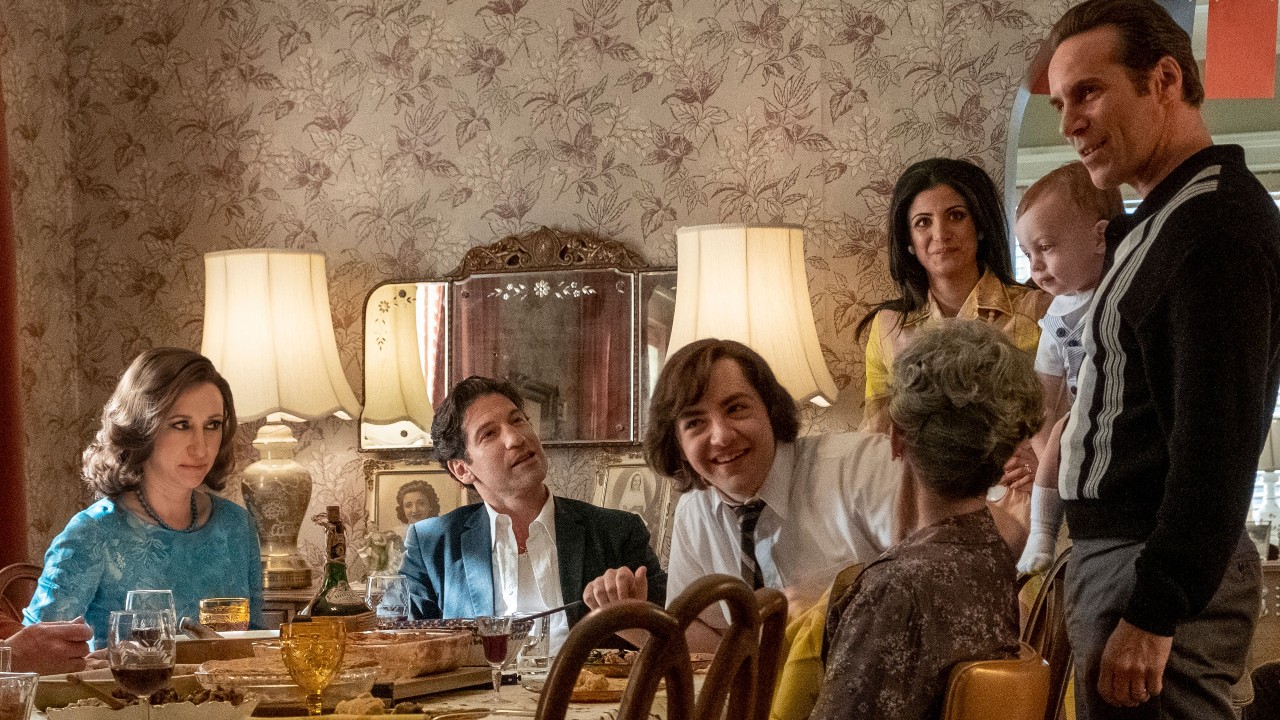
A Miniseries Could Have Given More Screentime Between The Two Decades It Covers
We also get two separate decades in this film, with the first half covering the 1960s when Tony Soprano is a child, and then the 1970s when Tony Soprano grows up. The thing is, though, the ‘70s aren’t really even explored all that much in this film. In fact, there’s really nothing in the film that makes me think that this story has spanned two decades besides heavier makeup on some of the actors, and a scene where Johnny Boy (Played by The Punisher’s Jon Bernthal) returns home from prison and disdainfully sees a black person living in his neighborhood.
A miniseries could have better explored the changes in the mafia between the decades, and also the changes in the country. One of my biggest qualms with this movie is that it doesn’t even really use its decades in any way, shape, or form. I’m not saying that they had to go all Stranger Things, and make the time period pretty much a character in itself.
But besides having two younger versions of Tony Soprano, what the heck was the point of even making this a period piece to begin with if they weren’t really going to explore either of the periods? I think a miniseries would have done a better job of that. As it is, it just feels like several missed opportunities.
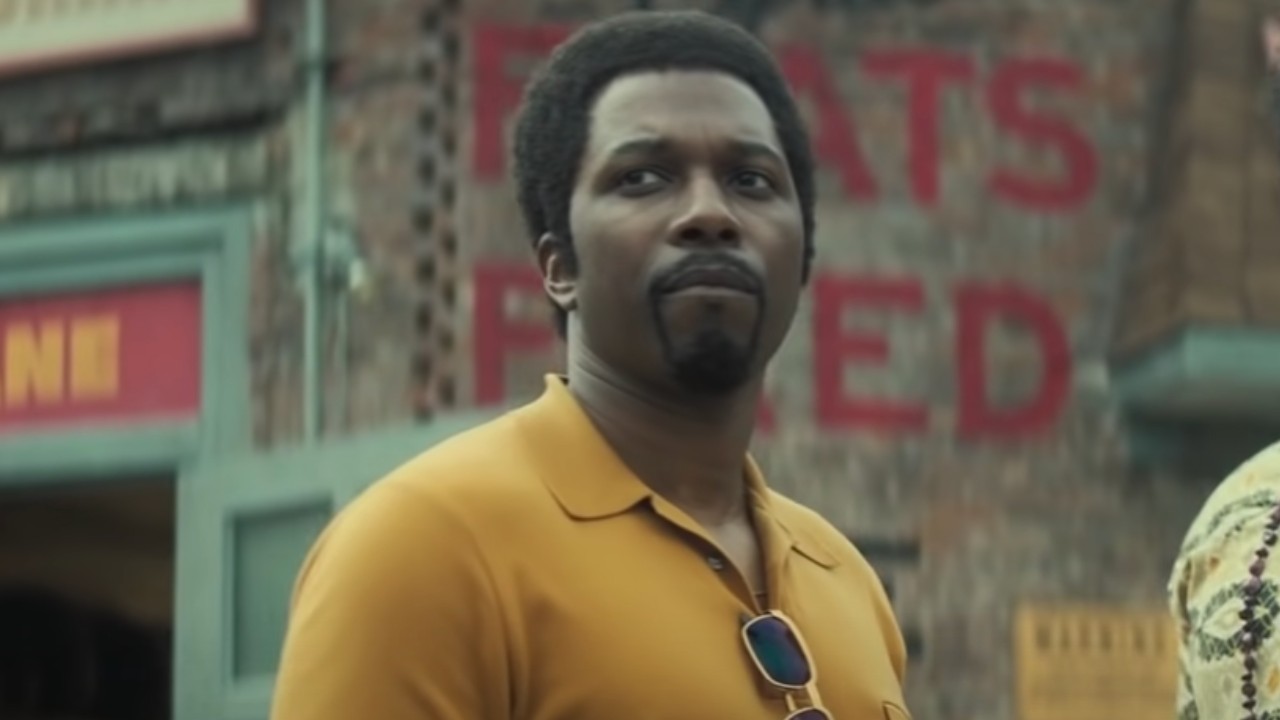
A Miniseries Could Have Built Upon Dickie's Relationship With Harold, And Their Ultimate Falling Out
Dickie and Harold, who’s played by Leslie Odom Jr., have a relationship of sorts, but it’s barely even explored. Harold works for Dickie, that much I know, but then Harold doesn’t want to work for Dickie anymore. I can infer it’s because he feels that he isn’t being respected by the Italian families, and that he wants to make a move for himself, which aligns with the black power movements of the ‘60s and ‘70s, but that’s just a conclusion that I’m drawing.
Yes, there is evidence to be found in this, like when Harold throws a Molotov cocktail at a police car or when he sleeps with Dickie’s comare, but again, that feels more like me reaching for a solution rather than something that is concretely present in the narrative.
What confuses me even more though is why they have a falling out to begin with. Dickie seemed to be very nice to Harold, and while I understand that Harold didn’t appreciate Dickie driving up to him and asking him why he didn’t want to work for him anymore, I don’t see why it escalated to the point that it did. A miniseries could have likely better explored that aspect of their relationship falling apart. Like most things in this movie, it just felt rushed.
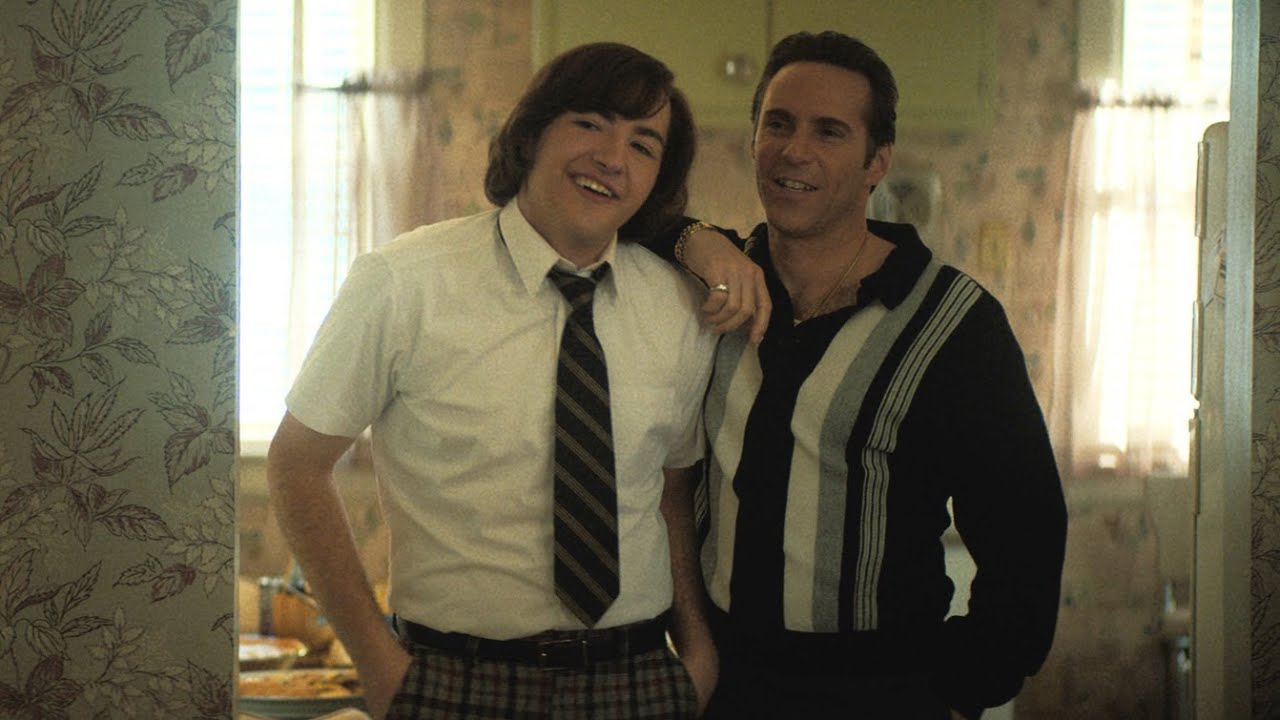
A Miniseries Could Have Had More Time To Build Up The Double Meaning Behind The Movie's Title
And did you know that Moltisanti literally translates to “Many Saints”? Was that ever mentioned on the show? I never caught that if it was, but somebody had to tell me this a day after I watched the movie when I asked what the title had anything to do with the film. Throughout the movie, the word “saint” is used a few times, most notably when Dickie tells his father’s older brother about how he coaches blind Little League, but otherwise, I wasn’t really sure what the title was even for. It felt pointless.
But I think a miniseries could have gone into the dual nature of the title. On one hand, you have Dickie wanting to make up for killing his father by trying to be a better person, and then failing, so the usage of the word “saint” is a caustically sarcastic title. But on the other hand, you actually have the “Many Saints” (Moltisanti) of Newark, being his actual name, kind of like how the novel, Tess of the d’Urbervilles combines the prefix “Urb” and the suffix “Ville,” which are both variants of town, but the “Ville” also has a Latin origin of meaning “farm”. So, Tess is kind of both worlds (Part farm and part city), but also neither of them as well.
I wish The Many Saints of Newark took a similar, cerebral approach to its title, and maybe a miniseries could have expanded upon the hypocrisy of a murderer trying to be a “saint”. But the movie kind of just dropped the ball in that regard. Oh, well.
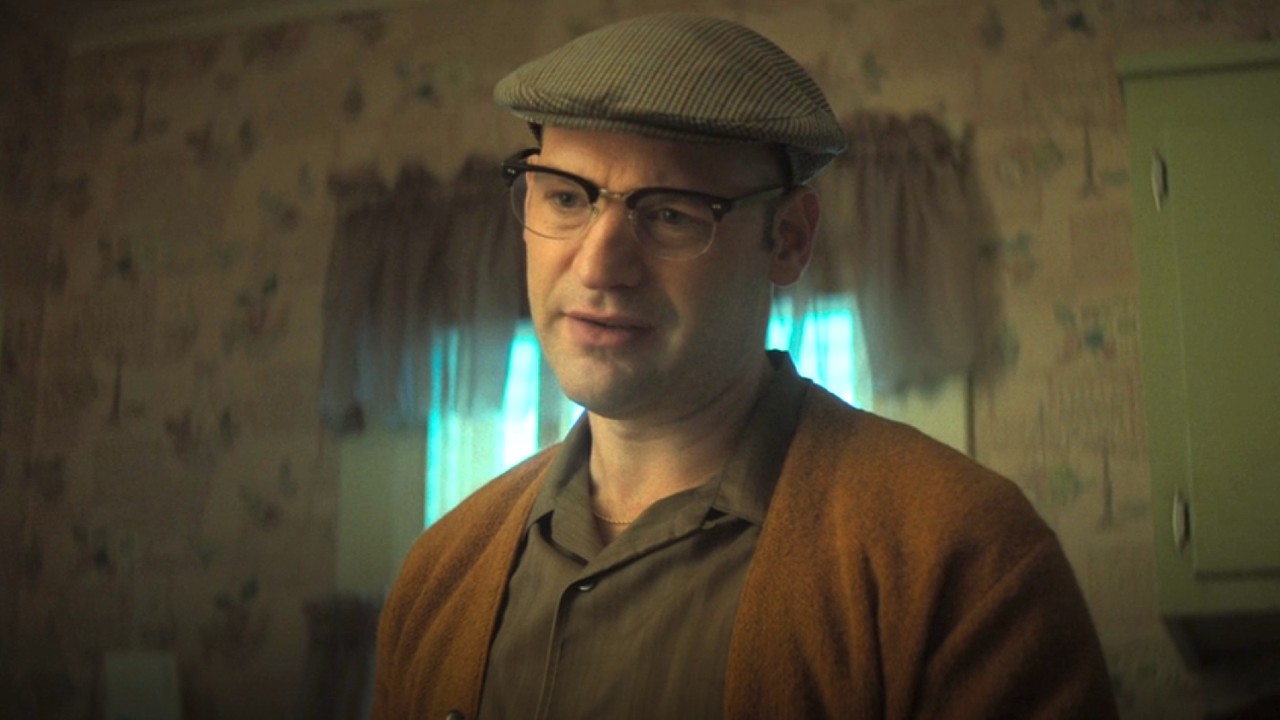
A Miniseries Could Have Made It Much Clearer How Slighted Junior Always Felt, Especially Around Dickie
Okay, okay, now this actually pisses me off, since the end of the movie makes literally no sense whatsoever. Junior had Dickie killed. But why? Because Dickie laughed at Junior when he slipped down some stairs, and then Junior’s back hurt later? I mean, are you serious? Are you seriously being serious right now? When I saw that, I had a major “Martha” moment, and just thought it was utterly ridiculous. Yes, Junior is petty as hell and even wanted to kill Tony on the show, but we saw through several episodes that Junior didn’t feel respected, and so we had a good idea of why he felt the way he did.
But the movie took a super shorthand approach to that angst, and having Junior kill Dickie was super anticlimactic. At least in the story that was presented here. A miniseries could have better explored how Junior, even early on, felt like everybody was treating him like a joke, which would have gone a long way in explaining just why he had Dickie killed. Like laughing at him was the final straw. As it is, Junior, played by Corey Stoll, barely feels like he’s even in the movie, and as the person who had Dickie killed, that’s a problem.
But, in the end, the movie was fine. I wanted it to be great, but it was just okay. For news on other 2021 movies though, make sure to swing by here often.
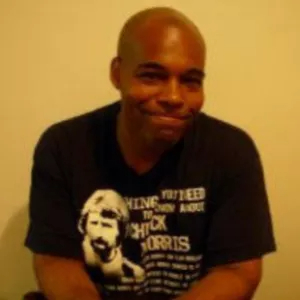
Rich is a Jersey boy, through and through. He graduated from Rutgers University (Go, R.U.!), and thinks the Garden State is the best state in the country. That said, he’ll take Chicago Deep Dish pizza over a New York slice any day of the week. Don’t hate. When he’s not watching his two kids, he’s usually working on a novel, watching vintage movies, or reading some obscure book.
